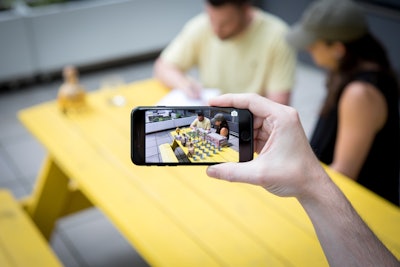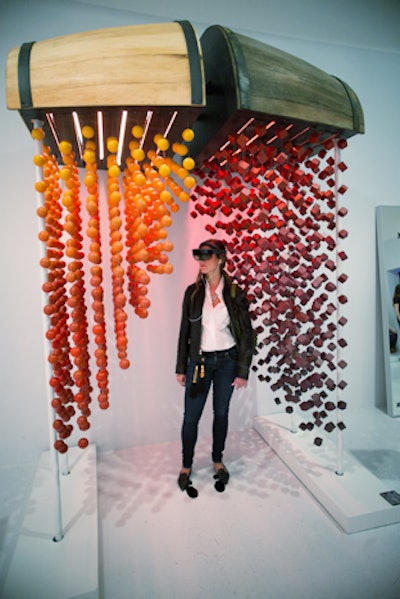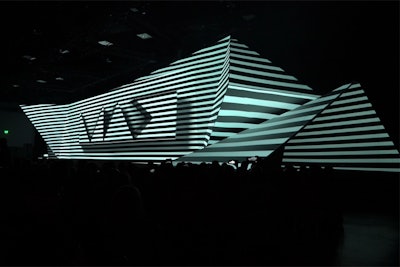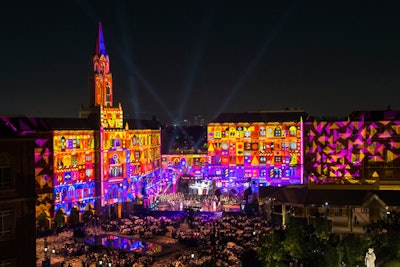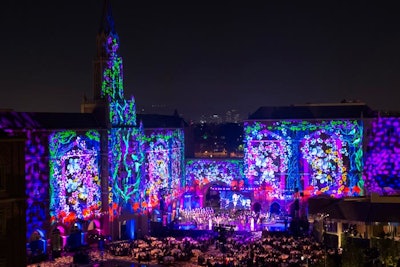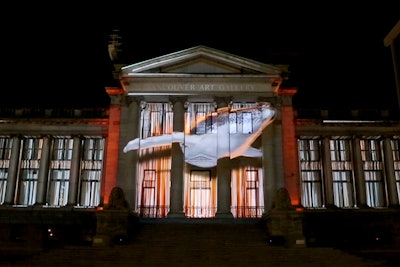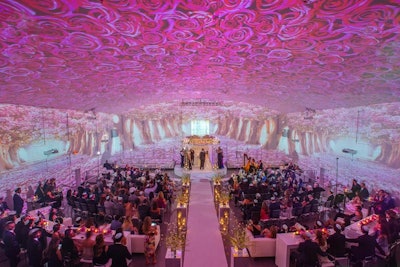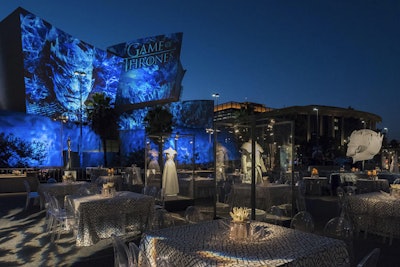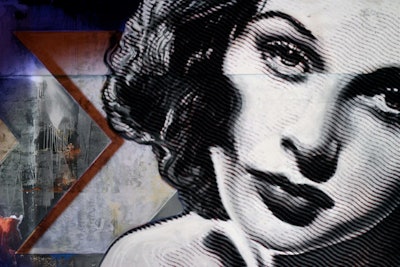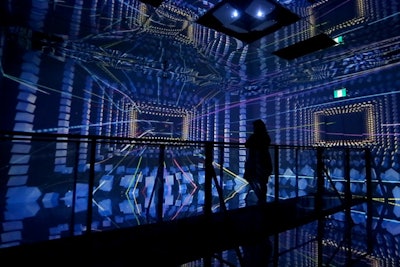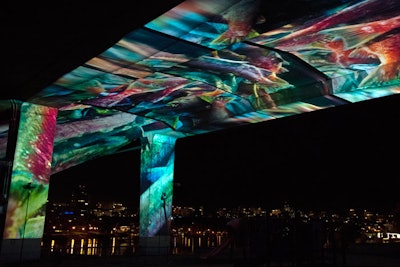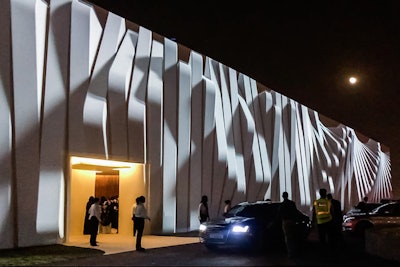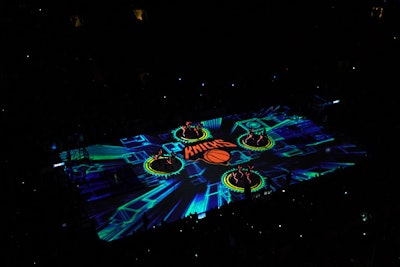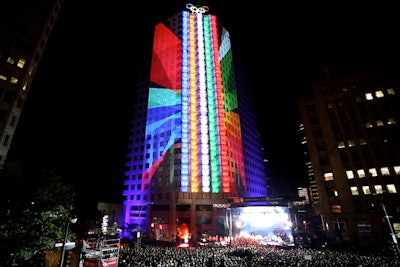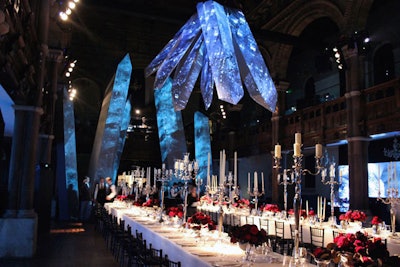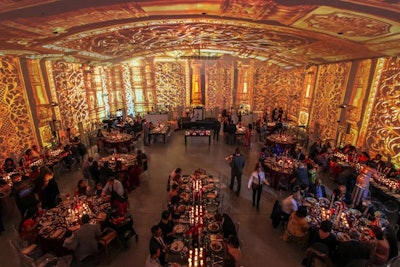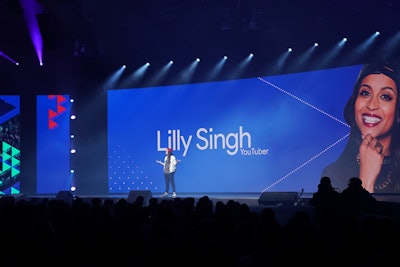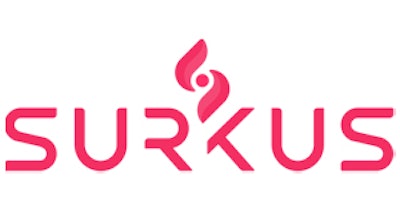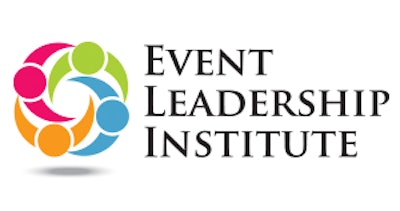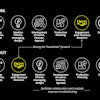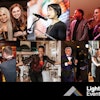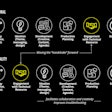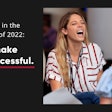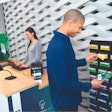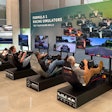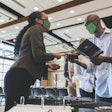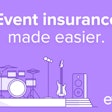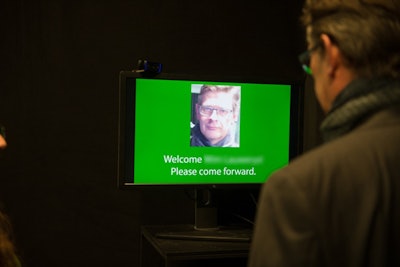
Facial recognition can now be used to streamline event check-in. The organizers of Belgian Roof Day, a trade show for the roofing industry held in Brussels, tested this technology from Zenus at its most recent event in November. About a week before the event, attendees received an email inviting them to upload a headshot to speed up check-in. At the event, those who chose to participate could use a separate “fast lane” that had a screen with a camera attached. When the system recognized the guest standing in front of the camera, the screen would turn green, display a personalized welcome message, and prompt them to pick up their badge at a nearby kiosk.
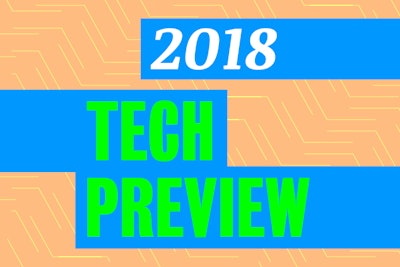
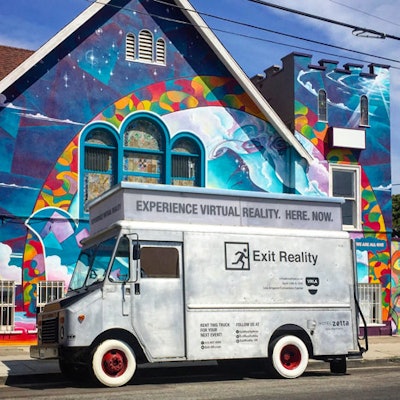
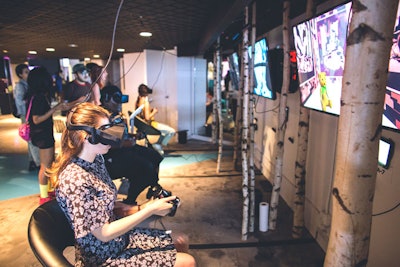
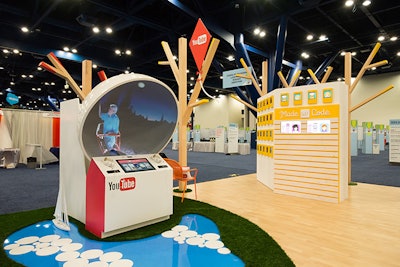
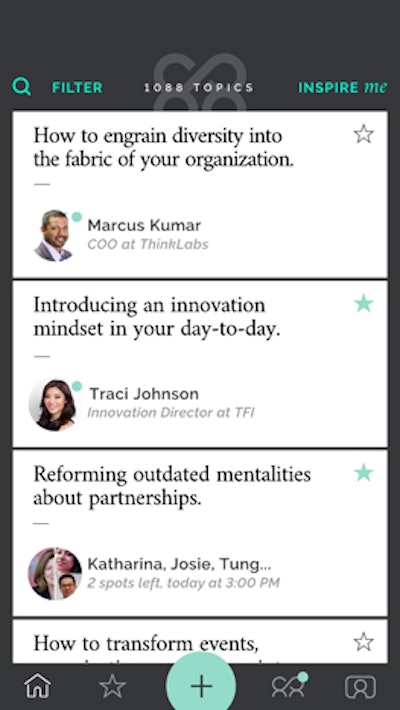
E180 launched in 2011 with the invention of technology-driven “brain dates” for events, and in May the company renamed its matchmaking system Braindate. E180 works with planners to develop a personalized engagement strategy that involves an on-site Braindate Lounge staffed by E180 staff and the integration of the matching technology into the event app. Attendees create a profile that includes information about what they hope to learn at the event, knowledge they are willing to share, their hobbies, and any tags they want to use to identify themselves. Users then receive a list of other attendees that fit their profile. By clicking “I want to meet” on a profile, the user can view that person’s available time slots and suggest a time to meet in the lounge. As part of the update in May, the system now facilitates group brain dates, not just one-to-one meetings. After the event, E180 provides planners with data about users’ most requested topics and which attendees were most active in sharing their knowledge.
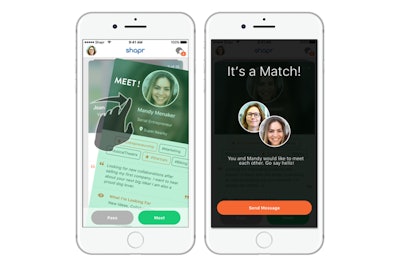
Shapr is a free app that people can use throughout the year to meet others with similar business interests. Users create profiles that include their job title and company, a short bio, and interest tags, and then the app uses an algorithm to produce a list of 10 to 15 people they may want to meet. Planners who want their attendees to use the app for networking at their events create a hashtag that users can add to their interests so the system can identify people who are at the same event. Users swipe left to delete a suggested contact or swipe right to show interest in meeting. When two users both swipe right, the connection is made, and they can message each other within the app to set up a face-to-face meeting on site.
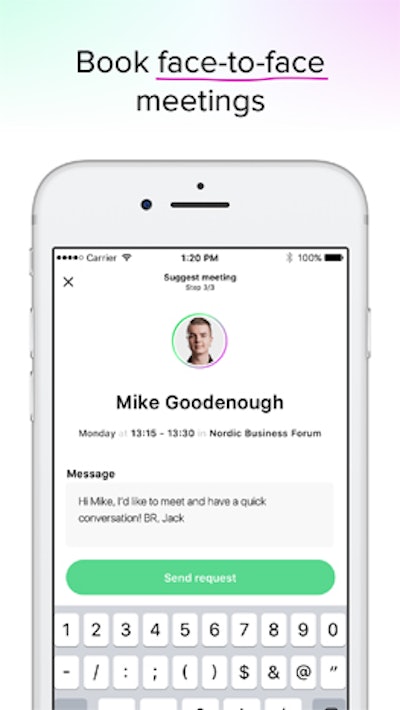
Brella is a system that works to help people make meaningful connections at events. Users create a profile through the web portal or in the Brella app that can include their photo, company information, and selections from a list of interests and skills customized by the event host. The Brella algorithm uses that information to send users a suggested list of people to meet, in descending order. When two people agree to meet, the system overlaps their calendars to identify times that both are available. It also enables a chat function so the two individuals can discuss where to meet and share additional information to maximize their time together.
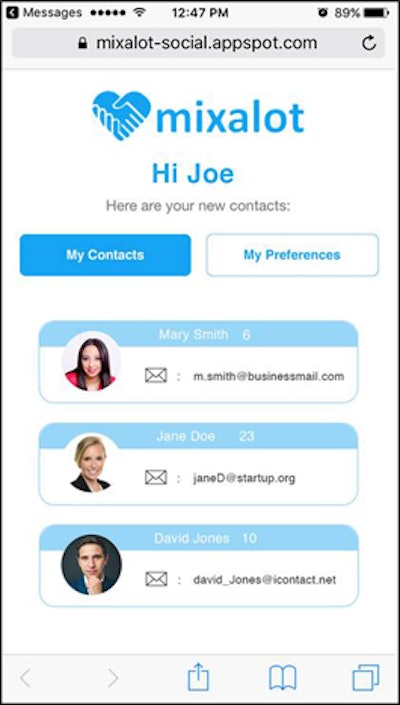
Mixalot is software intended for use at structured networking events, similar to a speed-dating experience. Planners create a list of industries and roles that are appropriate for their event—for a tech event it might be investor, business development, marketing, etc.—and attendees use a Web link to set up their profile with the industries and roles that describe them and the people they want to meet. When the networking experiences begins, attendees receive a text message with information about their first match and where to sit to meet them—for example indicated by numbered tables. After a time set by the planner, generally about 10 minutes, attendees receive another text with instructions of where to go to meet their next match. Participants who want to continue the connection after the event receive a list of people they met, allowing them to compile contact information without the need for business cards.
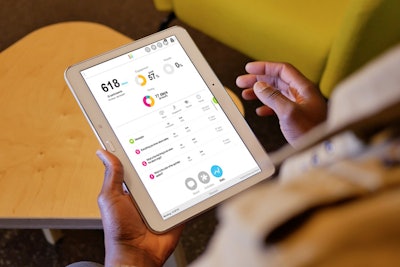
Klaxoon provides a variety of tools to facilitate information-sharing and collaboration at events. Planners can use the system to launch surveys, ask questions, create games, and prompt brainstorming. The system provides real-time results, so planners can track if attendees need clarification on content. The company is based in France, and expanded to the United States in June.
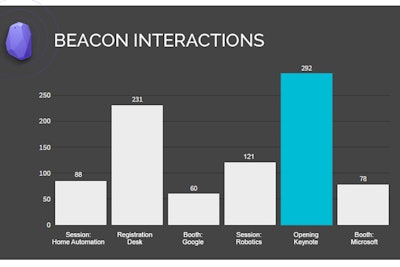
Beep is a beacon-enabled mobile app and attendee analytics platform. The system uses Bluetooth low-energy beacons to track attendee movement and dwell time, for example as they visit an exhibitor booth or attend a keynote session. Beep can also be used to send your guests location-based alerts and content, such as coupons, case studies, and website URLs, and can be set to trigger this content when they are anywhere from five to 230 feet from a beacon. Planners can access their event data in real-time from a Web-based dashboard.
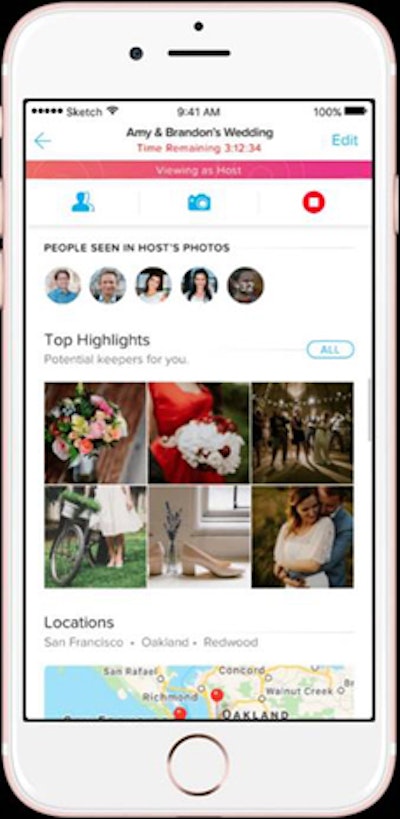
Photo Butler is a new, free photo-sharing app for events. Hosts create a private album in the app and then invite guests to view and contribute their images. Those that choose to participate have all of their photos automatically added to the stream, without the need to text, upload, or email. The app’s algorithm pulls the best photos together into a highlight album.
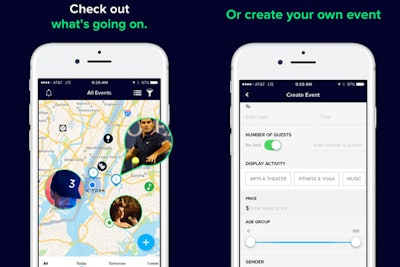
Asembl is a new, free event discovery and promotion app. Planners create their event in the app, tag it with descriptive attributes (such as art and theater, fitness, music, etc.) and indicate the cost to attend and the target age group and gender. Users can then filter events based on attributes as well as by what their friends are attending. Events are displayed on a map so users can also search for events within a certain distance.
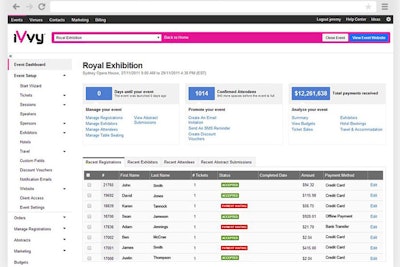
Ivvy is an event management system for venues and meeting planners. Based in Australia, the company has thousands of users in 13 countries, and this summer launched in North America. The system provides tools for planners to create custom websites, manage registration, coordinate hotel and airline bookings, coordinate speakers and sponsors, accept payments, and more. The venue capabilities allow planners to search, compare, and book event space, catering, and group accommodations by reviewing real-time availability, rates, and inventory. The venue component is available now in North America, and the planning tools will be available in the near future.
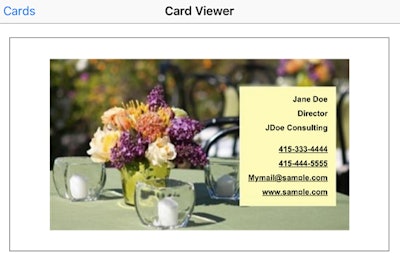
MoveShake is an app that allows users to design, create, share, and store virtual business cards. The cards are interactive, so clicking on the phone number in the image launches the phone’s dialer and clicking on the email launches the phone’s email client. Contacts be exported to a phone’s contacts and synced to the cloud or other applications. At events, presenters can give attendees their MoveShake ID so they can enter it in the app to immediately get their digital business card. Planners can also use the preload the app with cards from their sponsors, so those are immediately available to all attendees. And the app can be used to create digital badges to manage check-in.
